Exploring enigmatic links between mitochondria and autism
Mitochondrial deficits may account for the range of symptoms and neurological deficits seen in autism and explain why it preferentially affects boys, says Douglas Wallace.
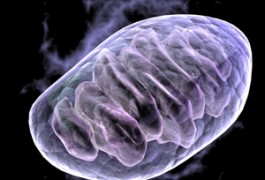
Mitochondrial deficits may account for the range of symptoms and neurological deficits seen in autism and explain why it preferentially affects boys, says Douglas Wallace.
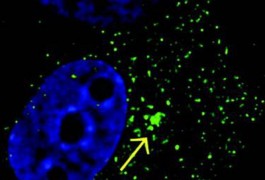
DISC1, an autism-associated protein, can form large aggregates that deplete the amount of functional DISC1 in cells, according to a study published 14 February in Human Molecular Genetics.
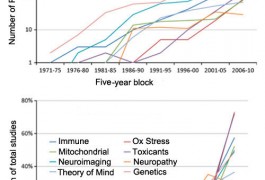
A new study examining trends in autism research over the past 40 years found that the largest areas of growth have been in immune function, oxidative stress, toxin exposure, genetics and neuroimaging, while research on theory of mind and neuropathology has slowed.
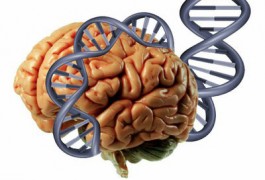
SP1, a protein that regulates the expression of several autism candidate genes, could increase risk of the disorder by simultaneously altering the expression of a number of the genes, according to a study published 24 October in Biological Psychiatry.

Children with autism have fewer DNA modifications that regulate gene expression compared with healthy siblings and controls, and show evidence of DNA damage, according to a study published 26 April in the Journal of Autism and Developmental Disorders.
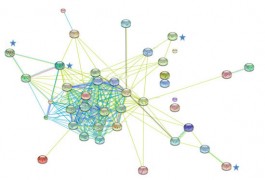
Variants of three genes involved in a metabolic pathway together raise the risk of autism, according to a study published 5 March in the Journal of Neurodevelopmental Disorders.
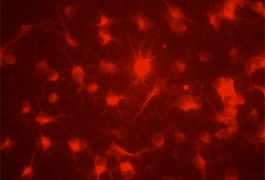
An autism-associated gene variant of glyoxalase 1, or GLO1, leads to the buildup of a compound that is toxic to neurons, according to a study published 12 April in Autism Research.
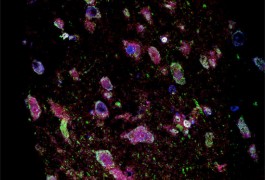
A gene that regulates the conversion of testosterone to estrogen in the brain could help explain why males are more susceptible to autism than are females, according to a study published in PLoS One in February.
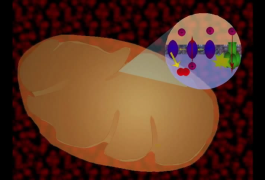
The first study to look at mitochondria — the powerhouses of the cell — in postmortem brain tissue taken from children with autism has found significant abnormalities in their function in some regions of the brain.
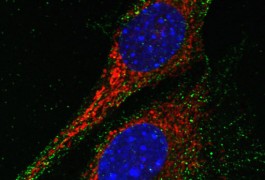
Cells drawn from a small sample of children with autism show defects in the functioning of their mitochondria — structures that produce energy to power cellular functions — according to a study published this week in the Journal of the American Medical Association.